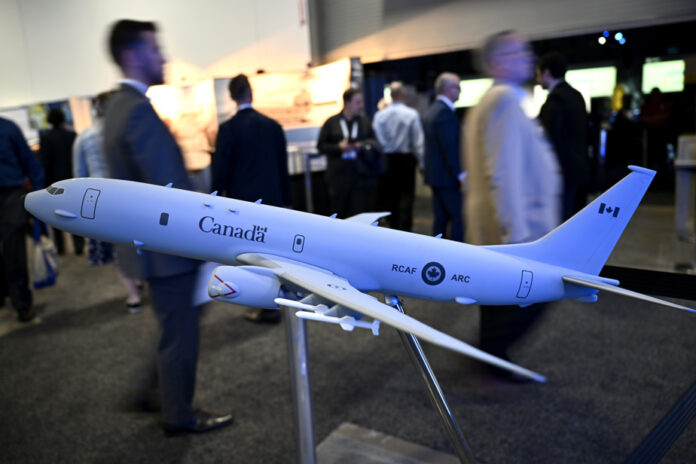The bill would likely have been more than $10.4 billion if Ottawa had waited to acquire Boeing’s Poseidon P-8A to replace the Royal Canadian Air Force’s (RCAF) aging Aurora CP-140s, federal officials say. Washington’s offer expired this Thursday.
“When an offer expires, the US government must verify with the supplier whether the price remains the same before offering it again,” federal officials explained during a technical briefing session. There is a risk of price increases, yes. »
As revealed by La Presse, the Trudeau government confirmed on Thursday that it would purchase up to 16 copies of Boeing’s Poseidon – 14 firm orders and two options. There will be no call for tenders despite repeated calls from Bombardier and its partner, the Canadian branch of General Dynamics, who wanted to have a chance to compete with the American giant.
In exchange, Boeing will have to generate, in Canada, spinoffs estimated at 5.4 billion, the value of the purchase of the planes. The American multinational will notably set up a research and development center in Montreal.
This issue took a political turn due to the mobilization of several players in the Canadian aerospace industry.
Bombardier wanted to offer a militarized version of its Global 6500 private jet, which is assembled in the Toronto area. Unlike Boeing’s Poseidon, the plane proposed by the Quebec multinational is only a prototype at present. This visibly worked against the company, which is banking heavily on the defense sector as part of its recovery.
The private jet manufacturer has already delivered aircraft exclusively specialized in surveillance missions to customers such as the United States and Germany.
In their explanations, federal officials explained that the useful life of the RCAF CP-140s could not extend beyond 2030. A call for tenders would have stretched the deadlines.
“We’re talking about three to four years,” they explained. Delivery times then depend on the supplier. »
The ARC is expected to receive its first Poseidon – which is assembled in the United States – in 2026. Deliveries are expected to take place over a year.





